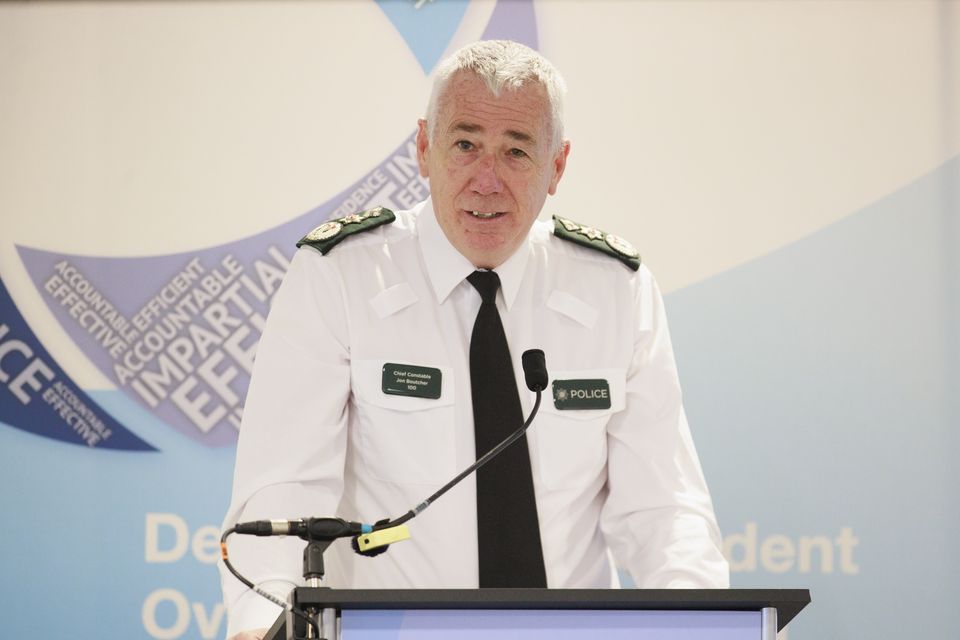The PSNI is exploring the use of artificial intelligence (AI) to analyse mobile phone evidence as part of crime investigations, the Policing Board has heard.
Members of the organisation’s oversight body were told AI is currently being used within the PSNI to run background checks on applications for firearms licences, to dictate voice messages into text, and to send automated email responses to members of the public who have called contact centres.
Last month, a coroner in Belfast was told police were using AI to examine hours of CCTV footage linked to the case of schoolboy Noah Donohoe.
The analysis will be used in the inquest for the 14-year-old, who was found dead in a storm drain in the city in June 2020 – six days after he went missing as he cycled to meet up with friends.
Board vice-chairman Brendan Mullan, referencing the case of Noah, asked PSNI commanders for an update on how else the organisation is using AI.
Assistant chief officer for corporate services Mark McNaughten said the technology is currently deployed in “non-contentious” areas of police work.
He added: “As we look to the future, really the possibilities are endless.
“But we’re already in the foothills of looking at how we can utilise the technology to look at areas such as mobile phone analysis, which is really just a demand which is swamping all services.”
He said AI could also be of use in developing teaching plans at the PSNI training college.
PSNI Chief Constable Jon Boutcher said the force is mindful of the ‘risks’ associated with artificial intelligence (PA)
“We could do more, and as part of the business case for recovery (of police numbers) we would hope to recruit potentially some more additional resources specialist in this area, because the opportunities are really vast.”
Chief Constable Jon Boutcher stressed the organisation is alive to the “risks” of AI.
“I know there are some concerns with regards to commercial sensitivities and non-disclosure agreements from companies around the use of AI,” he told the board.
“This is a human rights-based organisation, so wherever we use AI we need to be alive to the issues and concerns where it may not operate in the way that we want it to.
“We want to make sure we have controls with regards to the software and the algorithms that come with it. So, conscious of those issues, we are very much an organisation that uses AI to save ourselves costs and resources.”
